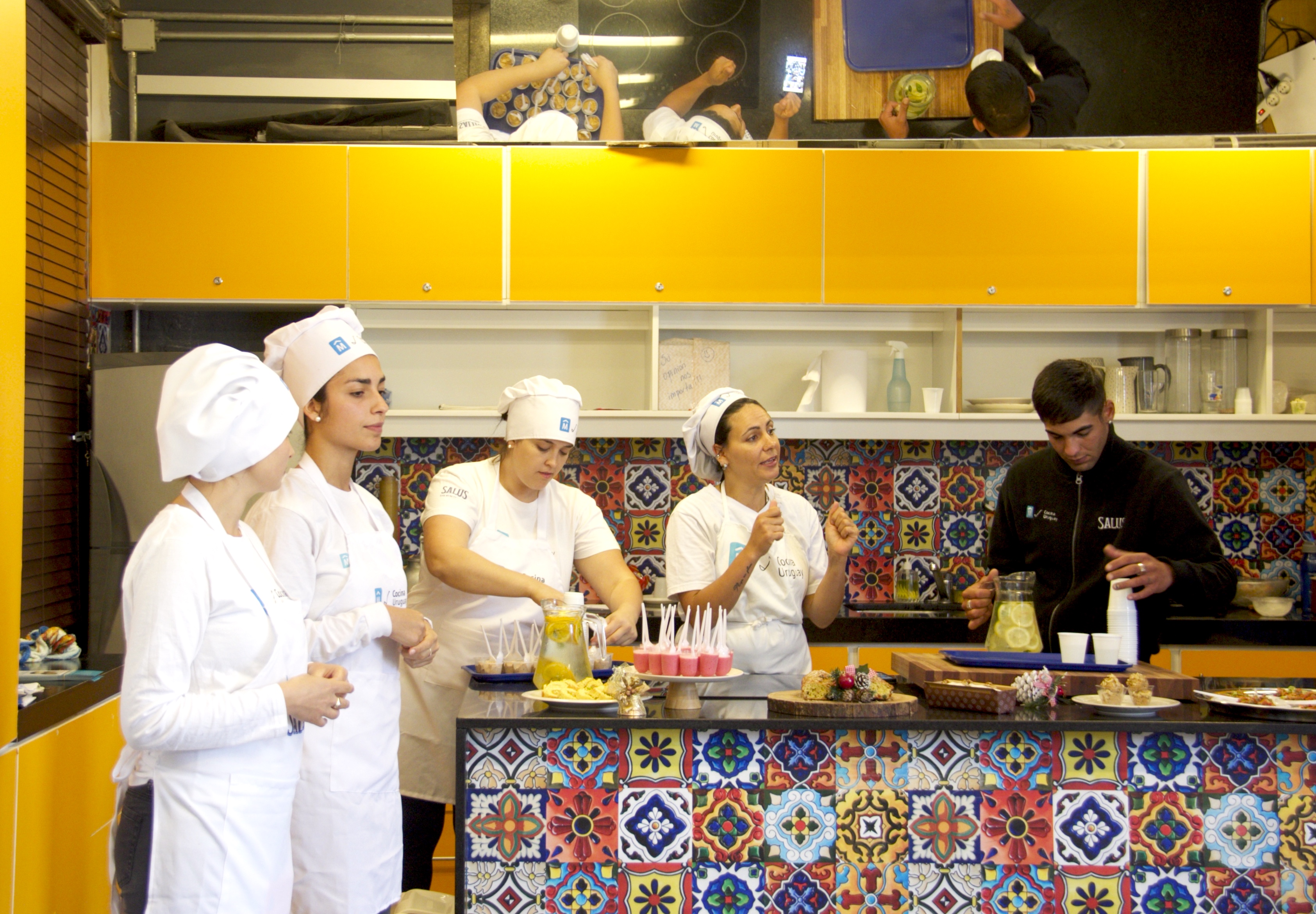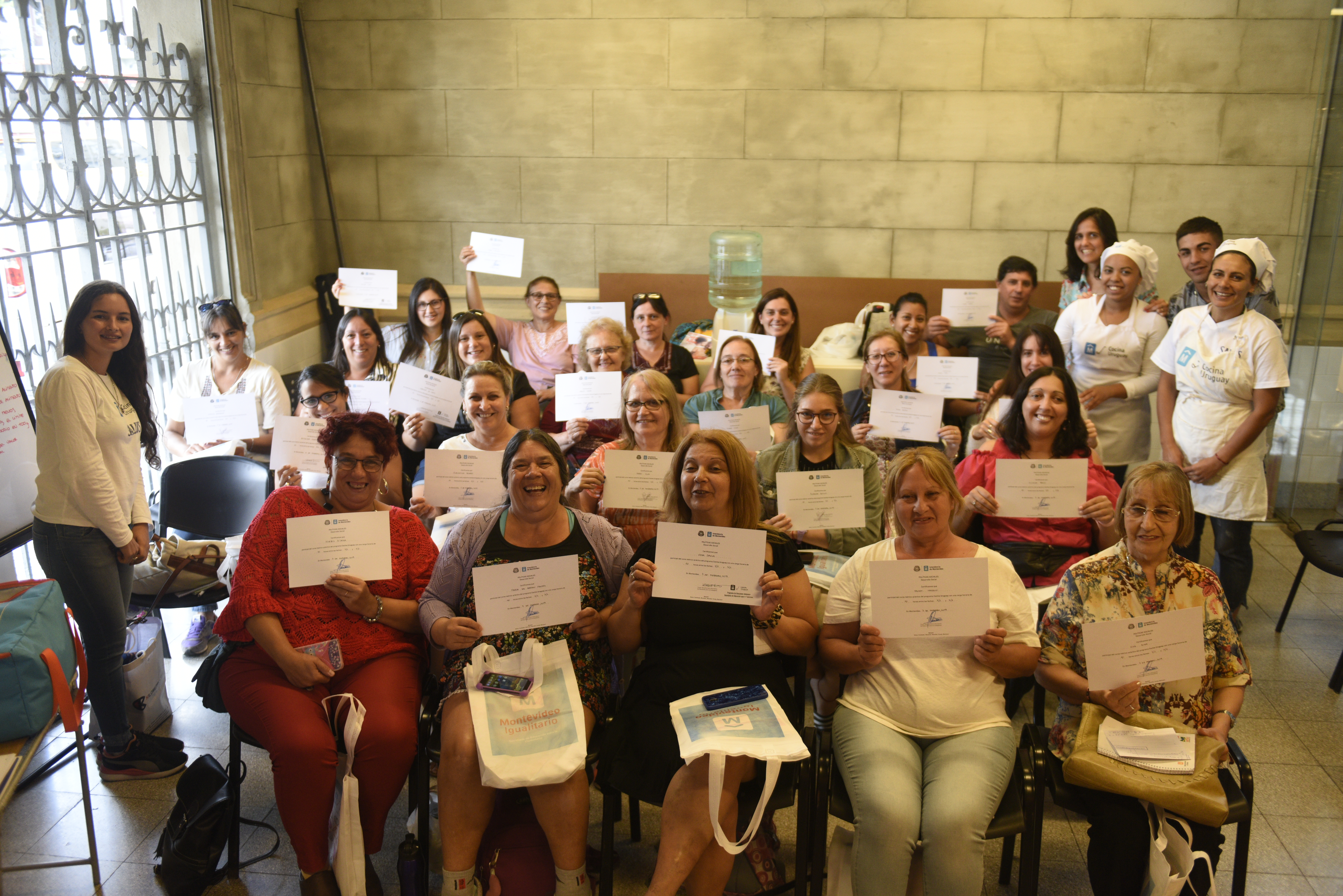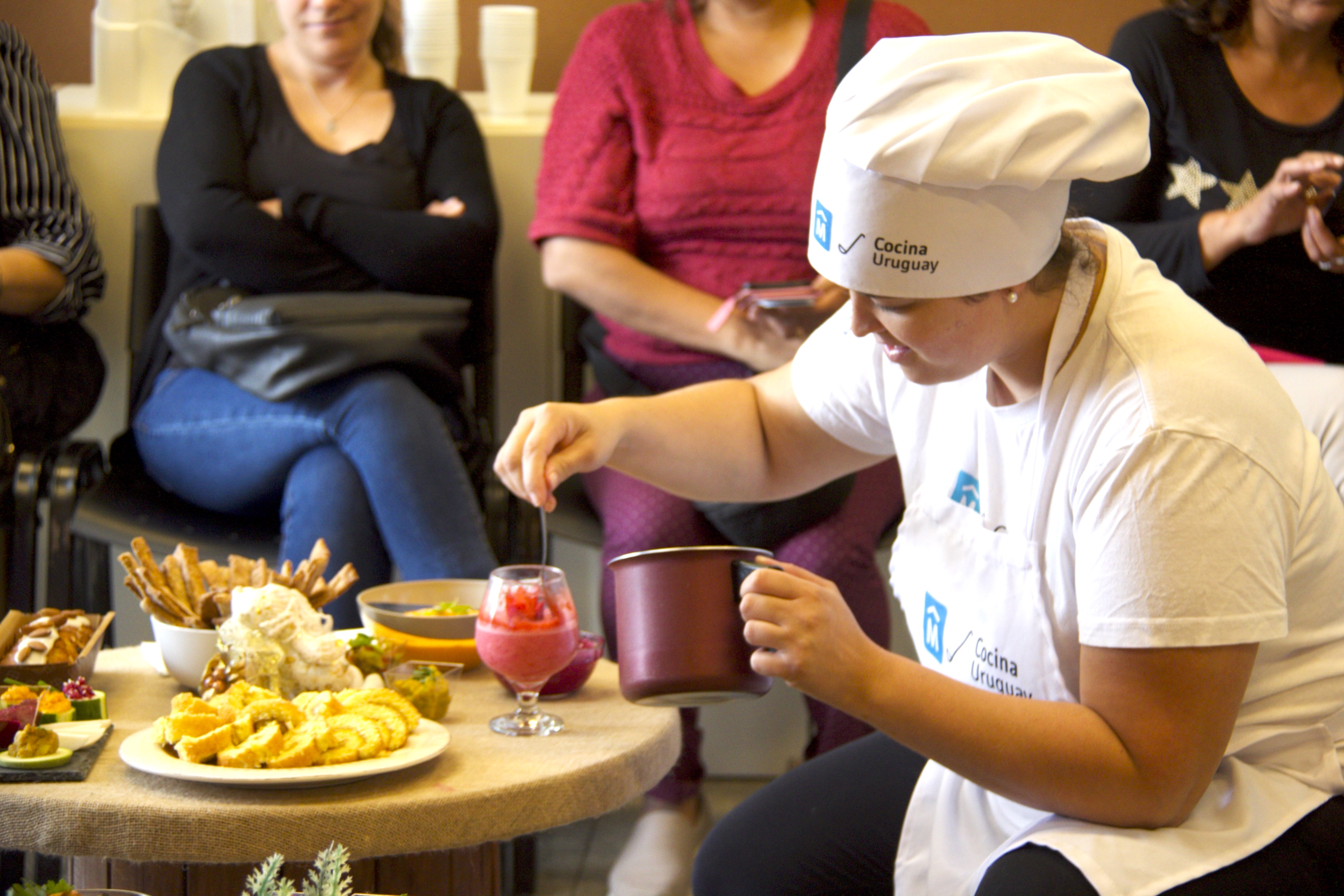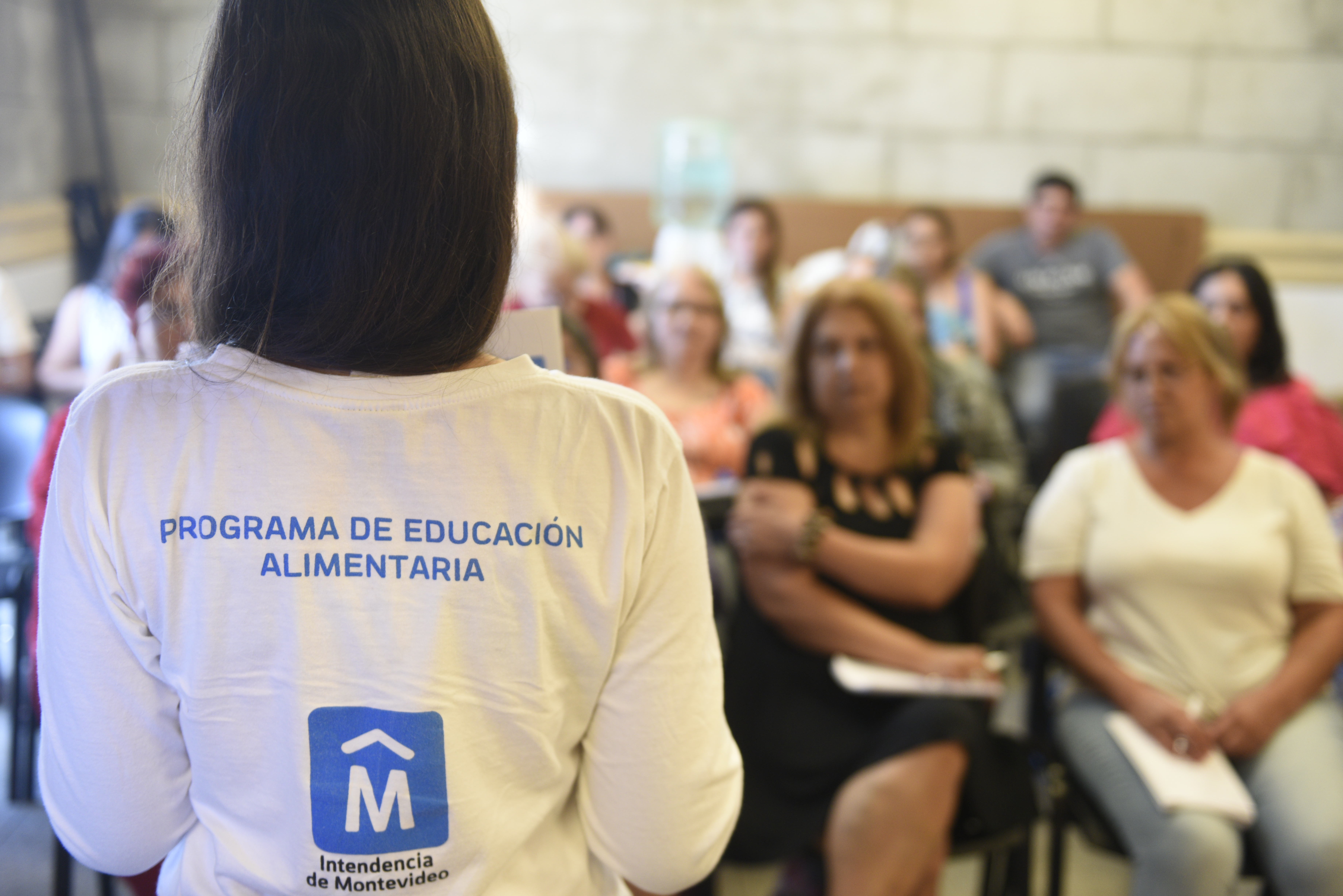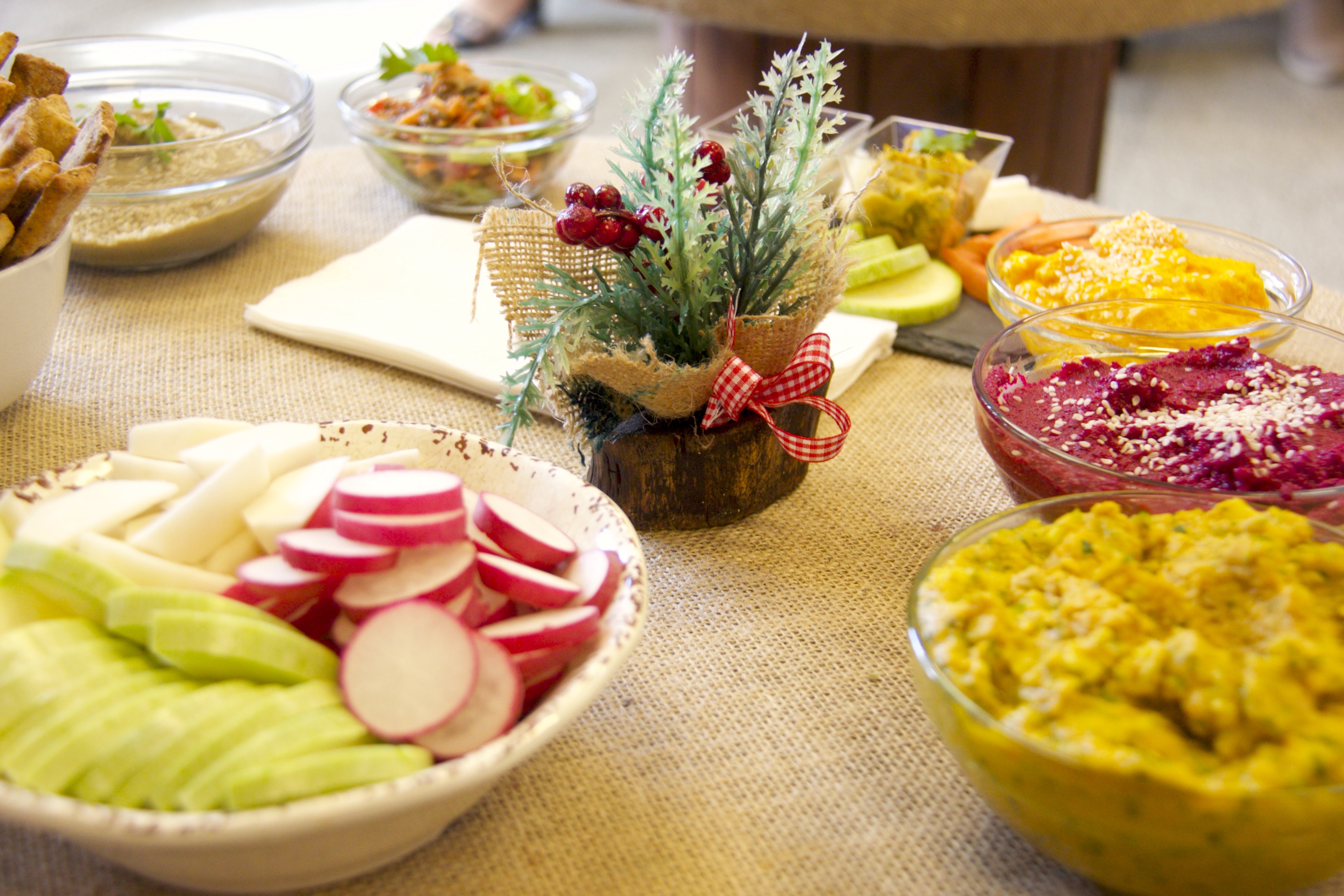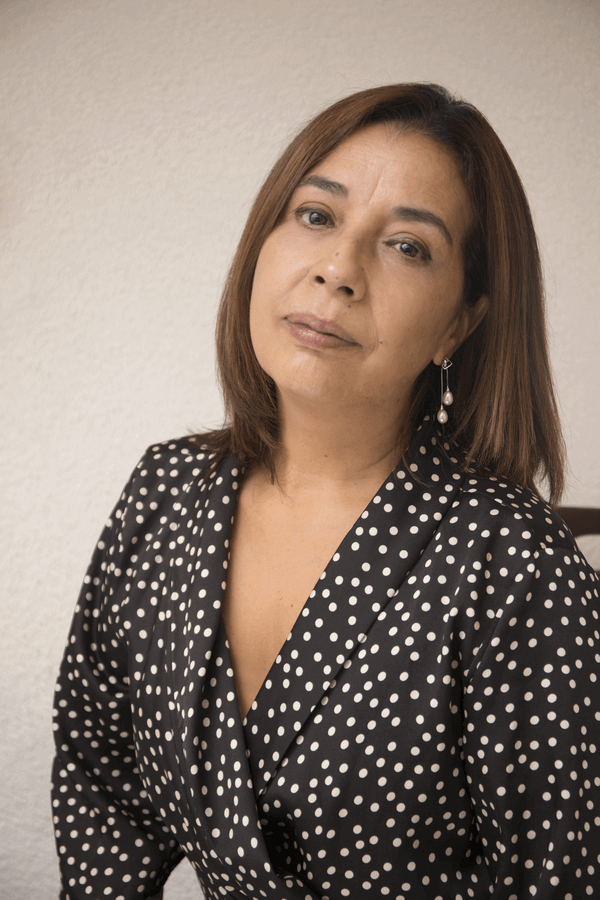Status
ongoing
50%
City
Montevideo
Main actors
City Government, Community / Citizen Group
Project area
Whole City/Administrative Region
Duration
Ongoing since 2016
A food education program that promotes good health and wellbeing through citizen participation.
The Municipality of Montevideo through the Secretariat of Education for Citizenship operates the food education program ‘Cocina Uruguay’ (Uruguay Kitchen Program). The program acknowledges a citizen’s right to good health and wellbeing by providing free classes in food education.
The Uruguay Kitchen Program is available to all residents of the city and the surrounding metropolitan area and is serviced by a mobile unit equipped with a kitchen designed for teaching. Additionally, there is a fixed classroom located in the Agricultural Market of Montevideo.
The program seeks to promote healthy food preparation and consumption using seasonal and low-cost food. Emphasis is placed on nutritional aspects that encourage healthy eating, attitudes and practices. The program has a gender and human rights focus.
On Map
The Map will be displayed after accepting cookie policy
